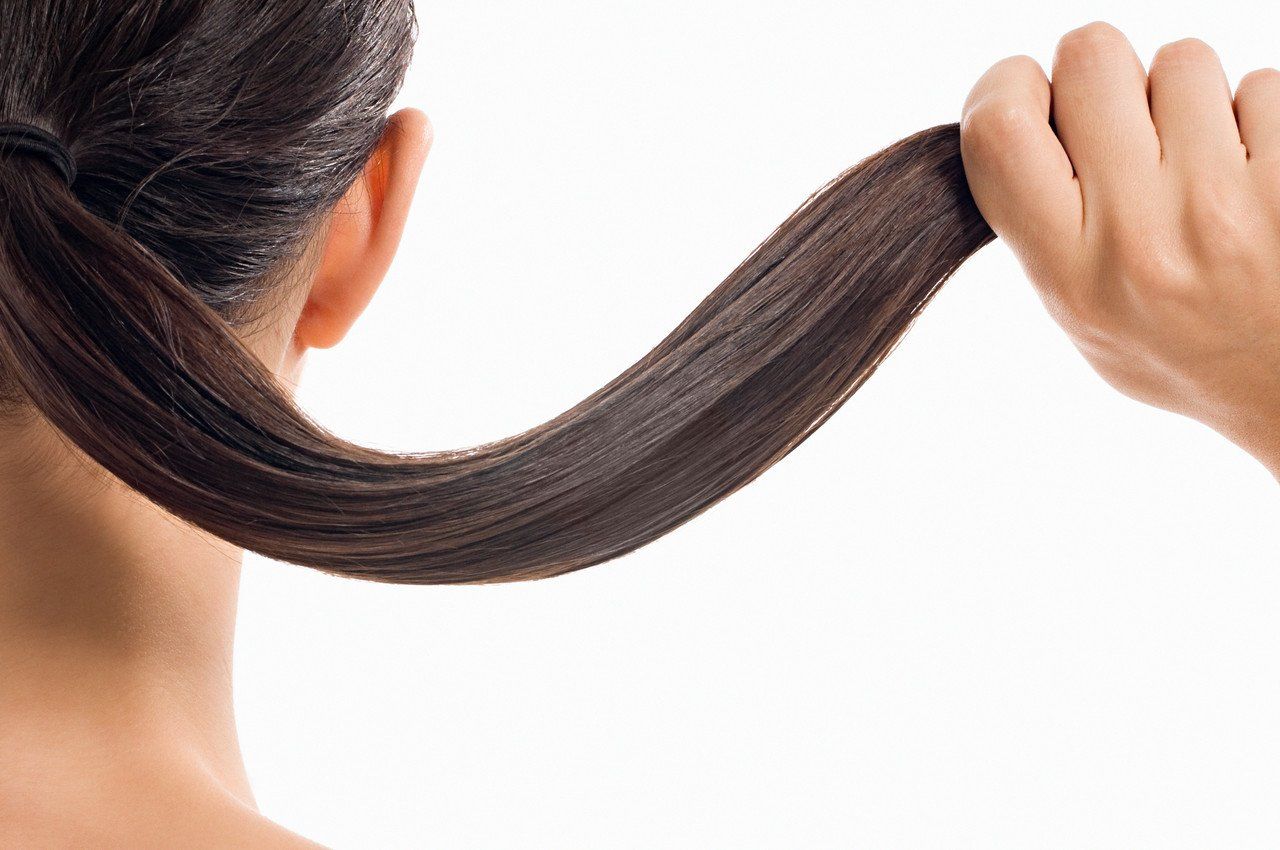Leeds Trichologist talks: Ways to increase your hair density

Why is my hair falling out?
This is a question often asked by my clients. There can be countless reasons as to why your hair may be falling out, one of the most common things I see in clinic is in women over the age of 40 who are noticing that their hair is not as thick as it used to be. Their ponytail is getting thinner and they fear that they are going to lose all their hair.
This is where a qualified registered Trichologist can help, not only will the Trichologist diagnose the condition, but will offer treatments and therapy’s which over a short period will show measurable results.
Here at Trichological, associate members of The Institute of Trichologists and with the clinic centrally located in Yorkshire with good transport links to Leeds, Bradford, Wakefield, Huddersfield, York, Doncaster, Hull.
In many cases, clients arrive and divulge their self-diagnosis from Dr Google. Which almost always is wide of the mark.
Therefore, look at the Leeds Trichologist reviews and judge for yourself who you want to trust your precious locks too.
We do not offer a free consultation, the fees we charge are for a professional service.
Another key group of clients are Asian and often vegetarian. Here at The Trichologist clinic we have great insight in dealing with this hair type, and the many disorders seen.
If you would like Trichological Leeds to help you on your hair journey, then please call our Helpline on 07904353108 for a without obligation chat.





